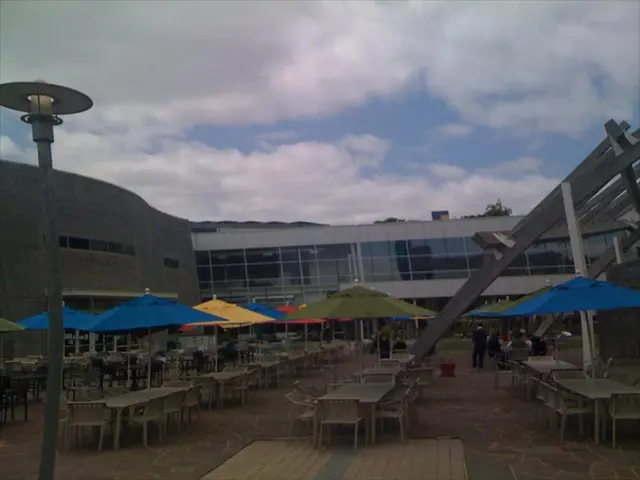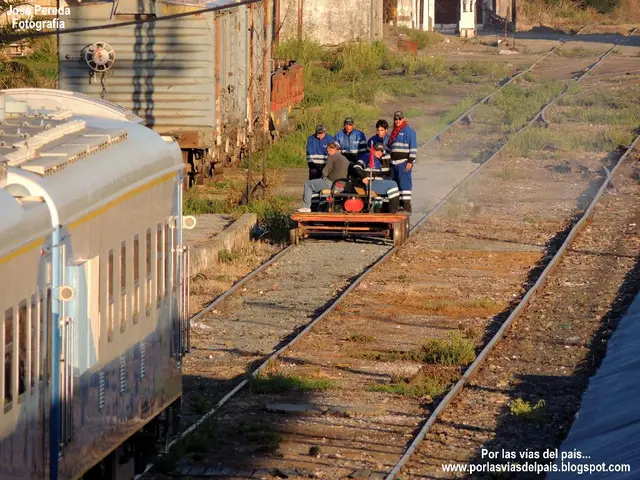Cost of Gas Boilers: A Breakdown
Installing a high-efficiency gas boiler can be a significant investment for homeowners, but understanding the factors that influence the cost can help in making an informed decision.
The cost of a high-efficiency gas boiler installation is affected by several key factors. Firstly, the type and size of the boiler play a significant role. Different types of boilers, such as combi, system, or conventional boilers, have varying price points, with larger homes requiring bigger or multiple units, increasing costs.
The efficiency rating of the boiler is another crucial factor. High-efficiency boilers, which can save 10% to 20% on energy bills in the long term, typically cost more upfront, ranging from $4,000 to $10,000 installed in the U.S. or £1,700 to £4,000 in the UK.
Installation complexity and labor costs also impact the total cost. Difficult access, upgrading outdated pipework, or adapting existing heating systems can raise costs. Replacement of fuel types or adding ventilation or new connections also adds to installation complexity and expenses.
Geographic location, local labor rates, shipping costs, and regional climate requirements also influence the cost. For example, colder climates might require higher-capacity boilers, thus impacting the price.
Brand and warranty are other factors to consider. Premium boiler brands with superior reliability and better warranties tend to cost more, but may offer better long-term value.
Additional system upgrades, such as upgrading radiators, controls, or associated heating system components, can also increase the total cost.
Condensing gas boilers, which capture heat from exhaust gases, achieve higher efficiency ratings compared to conventional boilers. However, they require special venting and drainage systems due to the acidic condensate they produce. High-efficiency boilers often require new venting systems, with installations using PVC pipes that vent through exterior walls.
Well-maintained natural gas boilers typically last around 15-20 years, with some high-quality units achieving a lifespan of 25 years or more. High-efficiency gas boilers (with AFUE ratings of 90% or higher) can reduce heating fuel use by 15%-25% compared to older, less efficient units, potentially saving several hundred dollars annually.
It's time to replace a boiler when it needs frequent repairs, energy bills rise despite stable natural gas prices, and maintaining consistent temperatures becomes difficult. When repair costs approach 50% of the replacement cost, it's time to shop for a new one.
Boiler capacity is measured in British Thermal Units (BTUs) per hour or MBH (thousands of BTUs per hour). Properly sized boilers will match your home's heat loss, which varies with square footage, insulation levels, window quality, and local climate.
In general, HVAC installation costs range from $5,540 to $10,980, including the cost of the unit, installation, and removal of the old unit. New gas boiler installation costs range from $4,000 for basic units for small homes to $9,000 for high-efficiency ones for larger houses.
[1] Energy.gov [2] Consumer Reports [3] Energy Star [4] Boiler Guide [5] This Old House
The contractor might suggest an upgrade to a high-efficiency gas boiler for improved lifestyle and energy savings, but the homeowner needs to consider factors such as the cost of heating system maintenance, including electrical expenses for the new technology in the home-and-garden. The level of insulation in a home can influence the size of the boiler needed, affecting the price of the purchase and installation.
During the installation process, the contractor may need to replace the existing flooring or windows if they hinder access or require adaptation to accommodate the new heating system. The boiler's energy efficiency can result in significant long-term savings on utility bills, but it might come with a higher upfront cost compared to traditional models.
When shopping for a new boiler, the homeowner should weigh the cost of various brands against their warranties and long-term reliability, as premium models may offer better value despite the higher price. A well-maintained natural gas boiler can last for up to 20 years, but its lifespan and energy efficiency are heavily influenced by proper installation, ongoing maintenance, and the quality of associated system components such as radiators and controls.
When calculating the total cost of a new boiler installation, it's essential to factor in any additional expenditures for fuel type replacement, ventilation system upgrades, or new gas connections, if required. With proper research, understanding the costs, and determining the right size boiler for the home, homeowners can make an informed decision regarding their boiler investment.
[1] Energy.gov [2] Consumer Reports [3] Energy Star [4] Boiler Guide [5] This Old House








